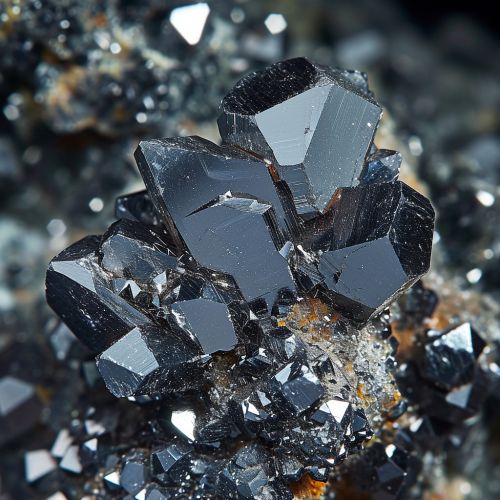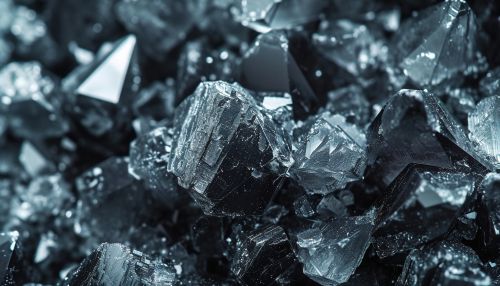Silicon Carbide
Introduction
Silicon carbide (SiC), also known as carborundum, is a semiconductor containing silicon and carbon. It occurs in nature as the extremely rare mineral moissanite. Synthetic SiC powder has been mass-produced since 1893 for use as an abrasive.


Properties
Silicon carbide has a crystalline structure that is similar to that of diamond. Its thermal conductivity, high melting point, and low thermal expansion are properties that are highly valued in industries such as electronics and aerospace.
Physical Properties
Silicon carbide is a hard material with a Mohs hardness rating of 9.5, second only to diamond. It has a density of 3.21 g/cm³, which is much lower than diamond’s 3.51 g/cm³.
Chemical Properties
Silicon carbide is chemically stable and has high corrosion resistance, which makes it hard to corrode from exposure to alkali or acid.
Electrical Properties
Silicon carbide is a semiconductor, which means it can conduct electricity under some conditions but not others. It has a bandgap of 3.3 eV. Pure SiC is an insulator. Only with the addition of impurities does SiC become a good conductor and a semiconductor.
Production
Silicon carbide is produced in two steps. The first step is to create a mixture of silica sand and petroleum coke. The second step involves heating this mixture to temperatures of around 2,200°C, and this process forms silicon carbide.
Uses
Silicon carbide is used in a variety of applications, including as an abrasive, in ceramic plates, and in electronics.
Abrasive
Silicon carbide is a popular abrasive in modern lapidary due to its durability and the relatively low cost of the material. It is also used in coarse to ultrafine abrasive belts and wheels.
Ceramic Plates
Silicon carbide is used in the production of ceramic plates used in bulletproof vests.
Electronics
Silicon carbide is used in the manufacture of electronic devices that operate at high temperatures or high voltages, or both.
Health and Environmental Impact
Silicon carbide is a non-toxic material, but it is not entirely free of hazards. Upon inhalation, SiC can cause coughing, shortness of breath, and temporary incapacitation. It is also a mild skin irritant.
